How to Be a Responsible Credit Card Holder: 6 Mistakes to Avoid
 2 min read
2 min read
Anyone with a credit card would agree that it’s perhaps one of the best things that have happened in their financial lifestyle.
With credit cards, you can shop now and pay for your purchase later—more specifically, the following month. That means more time to prepare the funds for when your credit card bill arrives. Plus, shopping with a credit card is very convenient since it’s a popular mode of payment that you can use in many shops around the world.
Here’s the caveat, though: Being a credit cardholder entails responsibilities. The plus factors and perks may cause you to get carried away. If you’re not careful, there’s a chance you’ll fall into the trap of making the credit card mistakes we’ve listed below.
Top Credit Card Mistakes and How to Avoid Them
Credit cards can be a great financial lifeline. You only need to be mindful of bad credit card habits that can quickly turn into costly mistakes and the steps you can take to steer clear of possible consequences.
1. Making late payments or missing your due date
Late or missed payments are one of the top things you should avoid, as they don’t reflect good credit card management.
Even if it was an honest mistake on your part, failing or forgetting to settle your credit card dues can incur penalties and late payment charges. It can be difficult to request your credit card provider to waive these fees, which will only leave you with a higher outstanding balance.
Your credit score may be downgraded, too, hurting your chances to be in good standing with banks and other financial institutions or to expand your credit card benefits.
How to avoid it: Train yourself to make on-time payments. You can do this either by setting calendar reminders or enrolling your credit card in auto-pay. The goal is to have a system of setting aside payment on or before your deadline.
2. Paying only the minimum amount
You might think making minimum payments puts you on the right track, but that’s not exactly the case. Since your outstanding balance remains high and collects interest charges, your payments can still be quite insignificant. The growing amount on your bill will only add to the length of time you need to pay your full balance.
How to avoid it: Increase your monthly payments to a higher amount than the minimum. If you have multiple sources of income, you can choose to pay more than once by settling the minimum on the due date itself, then making additional payments within your current billing cycle each time you have surplus cash from any of your jobs.
3. Not paying attention to your billing statement
You’re responsible for checking any errors or inconsistencies in your credit card bills. Perhaps there’s a billed transaction that you don’t recognize.Remember that billing errors can result in additional charges.
How to avoid it: Review your credit card statement upon receiving it, paying attention to each transaction reported. Once you note any discrepancy, contact your bank immediately. If you fail to submit a billing dispute within 30 days from the statement date, it is assumed that the bill is accurate, and you agree to pay what’s indicated in your bill.
4. Maxing out your credit card
Using your credit card more often or more extensively than you need to can cause you to go beyond your credit limit. That can be a red flag to your bank, especially if it happens month after month.
A maxed-out credit card not only hurts your credit score—indicating you have more debt than the amount available in your account—but it also incurs over-the-limit interest charges and penalties.
How to avoid it: Be cautious about charging card purchases that you won’t be able to settle in full. Remember that even if you have a credit card, your spending should primarily still be based on your budget.
5. Not reading the terms and knowing the fees
This is a common mistake that you think may be harmless until you eventually find a need to go back to the agreement between you and your bank. Perhaps the same interest rate you have seen in your bills increased in your current statement of account, but you have no idea why.
How to avoid it: Before using your card, take a moment to review the terms and conditions regarding its use. This way, you know what to expect from your credit card issuer, such as how they determine and apply interest rates, penalties, and any additional charges.
6. Signing up for multiple credit cards
Banks and credit card companies have a way of verifying if you have been applying for several cards simultaneously. That could raise some suspicions about your intentions and result in your credit card applications being declined. Even if you were approved for multiple credit cards, you should know how that would only increase your total money owed to credit card providers.
How to avoid it: Stay on the safe side by not getting more credit cards than you can handle. If you really need to have multiple cards, make sure they fit your goals and financial capability. For instance, if your work requires you to travel regularly, a card that offers travel rewards will certainly have more use for you than a cashback card.
Be a Responsible Credit Card Holder
Credit card mistakes should be avoided at all costs, and it all starts with responsible credit card use. By being aware of what those mistakes can do to your finances, you’ll be more careful not to fall for them. It also helps to know the things you should do to keep enjoying your credit card’s benefits.
Are you ready to be a responsible credit card holder? Get an RCBC Bankard!

 bc
bc





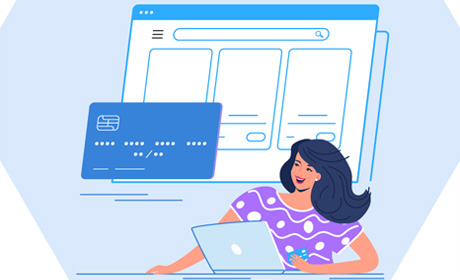










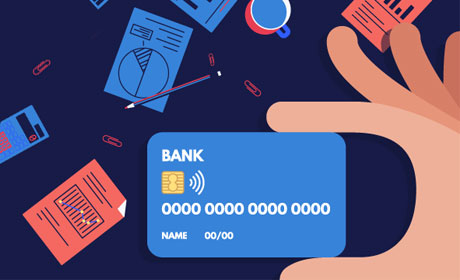
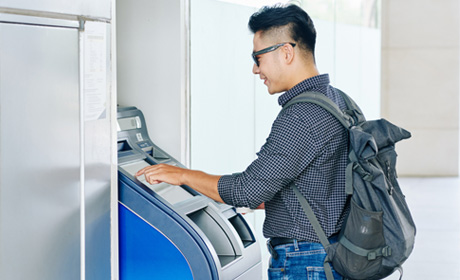

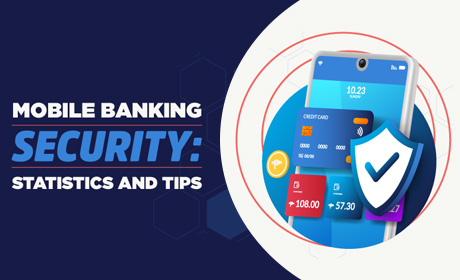
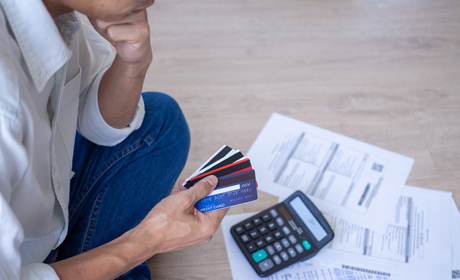

.png)
.png)




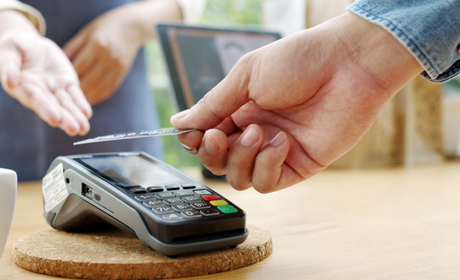
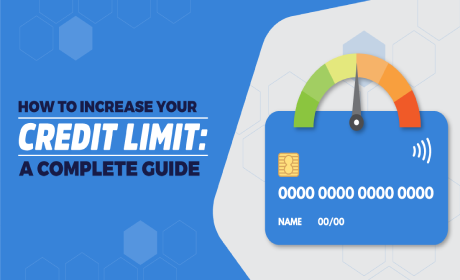
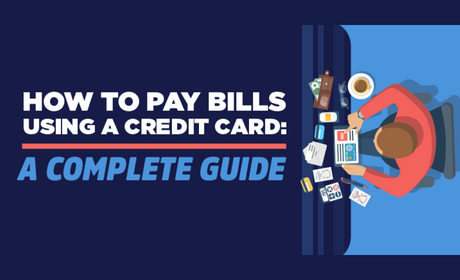



.jpg)
.jpg)
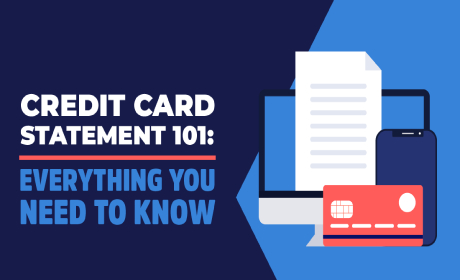
.jpg)

.jpg)

.jpg)


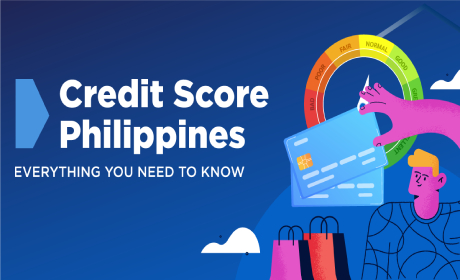
.jpg)
 (1).jpg)
 (1).jpg)
 (1).jpg)

.jpg)
 (1).jpg)
 (2) (1).jpg)
 (2) (1).jpg)
.jpg)
 (1).jpg)
 (1).jpg)
 (1).jpg)
 (1).jpg)


.jpg)
.jpg)
.jpg)
.jpg)
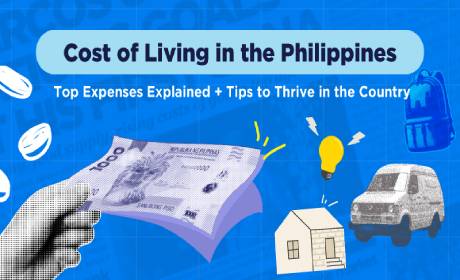
.jpg)
.jpg)


.jpg)
.jpg)
.jpg)
.jpg)
.jpg)
.jpg)
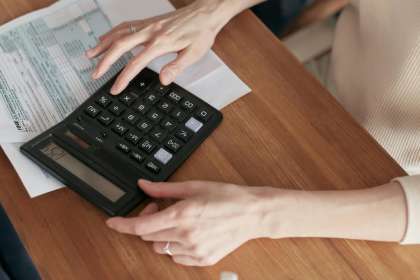

.jpg)
 (1).jpg)

.jpg)

.jpg)
.jpg)
.jpg)
.jpg)
.jpg)
.jpg)


